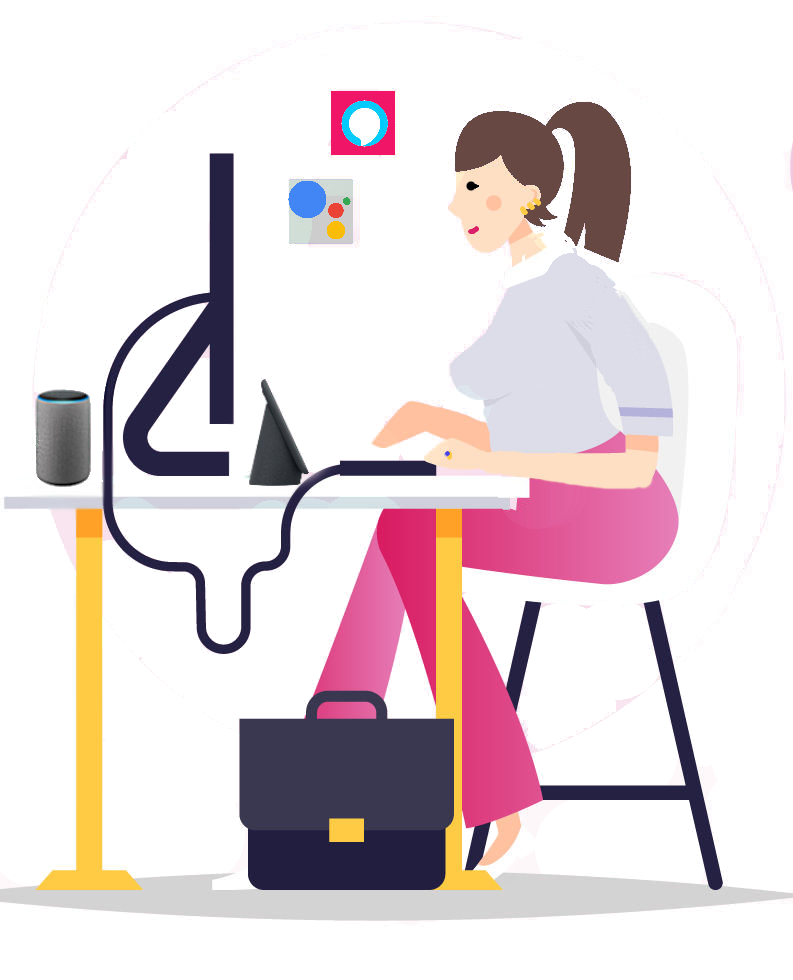World Sleep Day: 61% of Americans Don’t Know About Circadian Rhythm
You know I like to report on the latest sleep studies. Sleep is just so darn important to a writer, and it’s often hard to get. Sleep Cycle, the best-selling alarm clock application, has today released the results of a new survey in tandem with some internal data just in time for World Sleep Day.
The survey of more than 1,000 U.S. adults was conducted by Propeller Insights on behalf of Sleep Cycle in March 2019. It looked at how much Americans know about their circadian rhythm, the steps they take to protect it and how they are affected when it’s interrupted. The internal data also examined the impact of daytime sleep schedules on “shift workers.”
The Rhythm of the Night
The human body’s sleep-wake schedule — along with many other biological functions — is governed by 24-hour cycles that are collectively referred to as “circadian rhythms.”
Almost 4 in 10 Americans (39 percent) know about circadian rhythm. Of these, a majority (58 percent) actively take steps to protect theirs:
About half (49 percent) go to bed at the same time each night and eat meals on a regular schedule (48 percent)
43 percent keep specific evening routines
34 percent make it a point to get good exposure to daylight each day
33 percent dim the lights in the evening to prepare their bodies for sleep
32 percent make exercise a priority
Additionally:
60 percent feel their circadian rhythm is affected by their work-life balance
A full third (34 percent) say their partner’s sleep/wake schedule interferes with their circadian rhythm
The Early Birds and the Bees
Of Americans who care about their circadian rhythm:
71 percent of men and 52 percent of women sleep better after having sex
A full third of men (34 percent) and 19 percent of women have sex in order to enhance the quality of their sleep
Men are slightly more willing (23 percent) than women (20 percent) to turn down sex if it risks interfering with their sleep schedule
19 percent of men and 10 percent of women have put off having children because they don’t want their sleep disrupted
Forty-three percent of these Americans describe themselves as “night owls” (even though only 23 percent regularly go to bed after midnight) and 32 percent are early risers (27 percent are in bed by 10 p.m.).
More than three-quarters (80 percent) have noticed their circadian rhythm changing as they age: 39 percent report going to bed earlier and 30 percent stay up later.
Significantly more women (48 percent) than men (32 percent) report that, as they get older, they wake up more often during the night; 34 percent of women also struggle more with insomnia, compared to just 21 percent of men.
Women, Interrupted
What are the biggest enemies of circadian rhythm?
Americans who pay attention to their circadian rhythms rank stress (40 percent), lack of sleep (35 percent) and staying up too late (35 percent) above the usual suspects like travel (13 percent), daylight savings (18 percent) and blue light from technology (18 percent).
Women especially report suffering negative effects when their circadian rhythm is interrupted:
Women Men
Have less energy 62 percent 53 percent
Need more naps 35 percent 22 percent
Need to go to bed earlier 30 percent 24 percent
Eat more junk food 30 percent 23 percent
Have a hard time remembering things 28 percent 17 percent
A Hard Day’s Night
“Shift workers” — Americans who regularly work late-night or overnight shifts — are forced to sleep at hours in opposition to their natural circadian rhythm. How does this affect them?
Internal Sleep Cycle data that looked at more than 385,000 “days” of sleep for people sleeping between the hours of 3 a.m. and 9 p.m. found that people who regularly sleep during the day sleep longer and more deeply, on average, than people sleeping normal nighttime hours. But they also wake up in worse moods:
Shift workers sleep an average of 20 minutes longer (7 hours 49 minutes) than the rest of the population (7 hours 29 minutes)
They enjoy a higher sleep quality (78.29 percent) than the rest of the population (76.44 percent)
But their wake up mood is lower (56.43 percent) than regular sleepers (57.73 percent)
People who only ever sleep during daytime hours (as opposed to sometimes sleeping regular nights) have the worst wake-up mood of all the groups (56.15 percent)
About Sleep Cycle
Sleep Cycle is the world’s most popular intelligent alarm clock app that analyzes users’ sleep, records findings and wakes them during their lightest sleep phase so they feel rested and refreshed. The app generates nightly sleep reports, tracks long-term sleep trends, and logs how daily activities impact sleep quality. With millions of users worldwide, Sleep Cycle has also become the world’s richest repository of data on global sleep habits. The newly formed Sleep Cycle Institute puts this data in the hands of five multidisciplinary health and wellness experts to provide individuals and public policy makers with deeper quantitative insights into the relationship between sleep and overall health and well-being.
For more information — and real-time, interactive sleep data from around the world — visit https://www.sleepcycle.com/.










